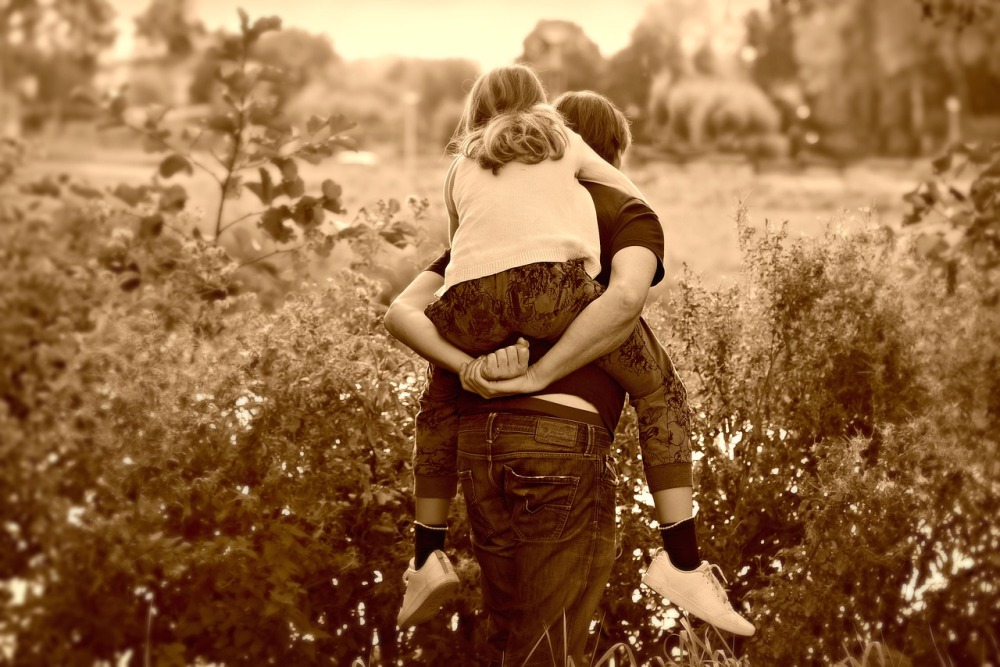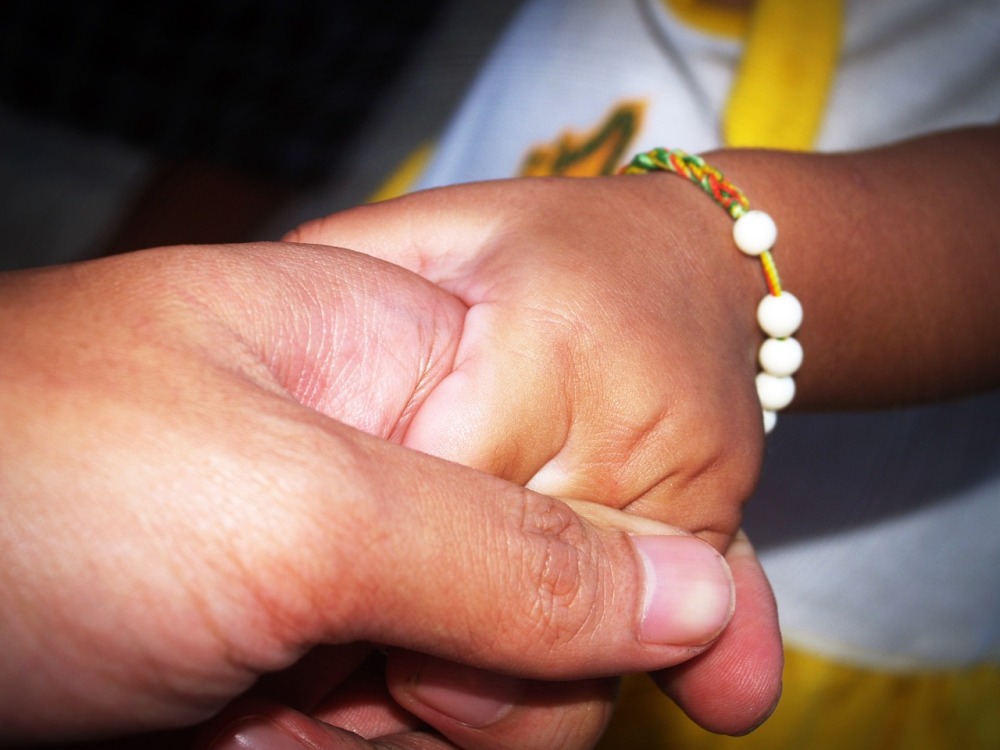A Wall Street Journal article titled “Why I Put My Dog’s Photo on Social Media, but Not My Son’s” by Joanna Stern came out recently with a term I had not encountered before.
“Sharenting,” which according to a research paper by Stacey Steinberg, a juvenile law attorney and law professor at the University of Florida means “online sharing about parenting” is a practice that is as potentially harmful as it is prolific.
Let me be the first to admit that I have done this. A lot.
I did it without thinking twice about repercussions for my kids but was instead completely wrapped up in the joy of parenting them and my desire to share that joy with friends and loved ones.
As I read the Wall Street Journal article, soaking in the author’s description of the many possible downsides of posting children’s pictures willy nilly on social media, my heart sank.
It made me think more deeply about my responsibilities as a parent, and below I explore how some of those responsibilities do not mesh well with the sharenting impulse.
Keep Kids Safe
 Image from MabelAmber on Pixabay
Image from MabelAmber on Pixabay
First and foremost in most every parent’s mind is the safety of her or his children.
Yet there are many subtle dangers associated with posting about our kids online, dangers that are potentially more harmful than scenarios they are likely to encounter in real life.
According to Stern, the sensitive information we include with our child’s pictures – like the location where the picture’s taken, health condition updates, and of course, full name and birthdate – all create vulnerabilities that hackers, insurers, and predators can exploit.
She recommends setting social media access to private (i.e., just people you know), and definitely not hashtagging any photos with sensitive phrases like #pottytime or #bathtime which make it easier to search for these exposing photos.
Above all, not including identifiable information with kids photos is key. Stern mentions a couple strategies for this include either using nicknames for kids and/or blocking their faces with emojis.
Teach Children Responsible “Digital Citizenship”

As our children grow old enough to begin diving into technology use on their own, we see there are certain practices we should teach them in order to be good “Digital Citizens.”
These include limiting how much personal information they share as well as “thinking before they post” about whether or not they want to put something out into the ether that could last in perpetuity (since like diamonds, the internet is forever).
Yet again, with sharenting, we parents violate both of these suggested rules of behavior.
As mentioned above, we often display our children’s personal information often with the best of intentions – asking for support if they’re going through medical difficulties for example, or sharing their athletic or academic successes.
And of course, we seldom “think twice” before displaying cute (to us) but potentially mortifying (to our kids) pictures.
Our kids learn by our example, so how will they understand how to follow sensible rules of internet conduct, when a quick Google search reveals we didn’t bother to do so with their information?
Show Kids Respect

Out of the three conflicts between parental responsibility and sharenting that I’m writing about here, the one that concerns me most is the potential for disrespecting my children.
There are steps I can take in the other two areas, for instance, I can reduce their digital footprint by making social media accounts private, or better yet, using only private photo albums that only a few trusted loved ones can access.
I can also be more discerning about what I post, trying to view my posts through their eyes, rather than through my parenting goggles (which view every disgusting/embarrassing thing they do as adorable).
But there’s nothing I can really do to address the fact that every time I post their pictures (with accompanying comments) I’m creating an online story about them in which they haven’t participated.
An article in The Atlantic called “When Kids Realize Their Whole Life Is Already Online” really brought the concept home for me.
It includes stories from kids, mostly tweens, who are beginning to gain their own sense of autonomy – only to discover that their parents have already defined who they are…publically online.
The author writes that eleven-year-old “Ellen” (pseudonym) said that,
“…while she didn’t find anything too sensitive or personal, she was frustrated that all the information about herself had been posted seemingly without her consent.”
Stacey Steinberg, the juvenile law attorney who penned the research paper about sharenting writes that public health education may be the best way to combat this dilemma between what this other piece in The Atlantic calls the “conflict between a parent’s freedom to publish and a child’s right to privacy.”
In Steinberg’s research paper she writes,
“By age four, children have an awareness of their sense of self. At this young age, they are able to build friendships, have the ability to reason, and begin to compare themselves with others. Parents who post regularly can talk about the Internet with their children and should ask young children if they want friends and family to know about the subject matter being shared. As is the case in many aspects of children’s rights, the weight given to the child’s choice should vary with respect to the age of the child and the information being disclosed. But parents should be mindful that even young children benefit from being heard and understood.”
As parents who want to raise independent kids who become confident adults, I think this suggestion is really the best path forward when it comes to whether or not to post pictures of our kids online.
Personally, I would probably wait (beyond the age of four) to post and/or ask for permission to post any more pictures until I feel my children are old enough to understand all of the risks and rewards that come from creating an online presence.
But the act of discussing it with them, rather than posting without their permission, goes a long way in teaching them lessons of autonomy and respect which I think are key to them becoming healthy adults.
It shows them that we view them as individuals, not just extensions of ourselves and that the choices they make about their own stories – digital or not – are theirs, not ours.*
*I want to acknowledge that I use a lot of pictures of kids on this blog (since it is a parenting blog after all) but these are stock photos with Creative Commons licenses. Their terms of service include a policy in accordance with the Children’s Online Privacy Protection Act (COPPA) where no one can submit identifiable information about children younger than 12 years old. I also try to use photos with generic rather than specific labels (i.e. “boy” rather than “Tom”) and that do not have locational information.
